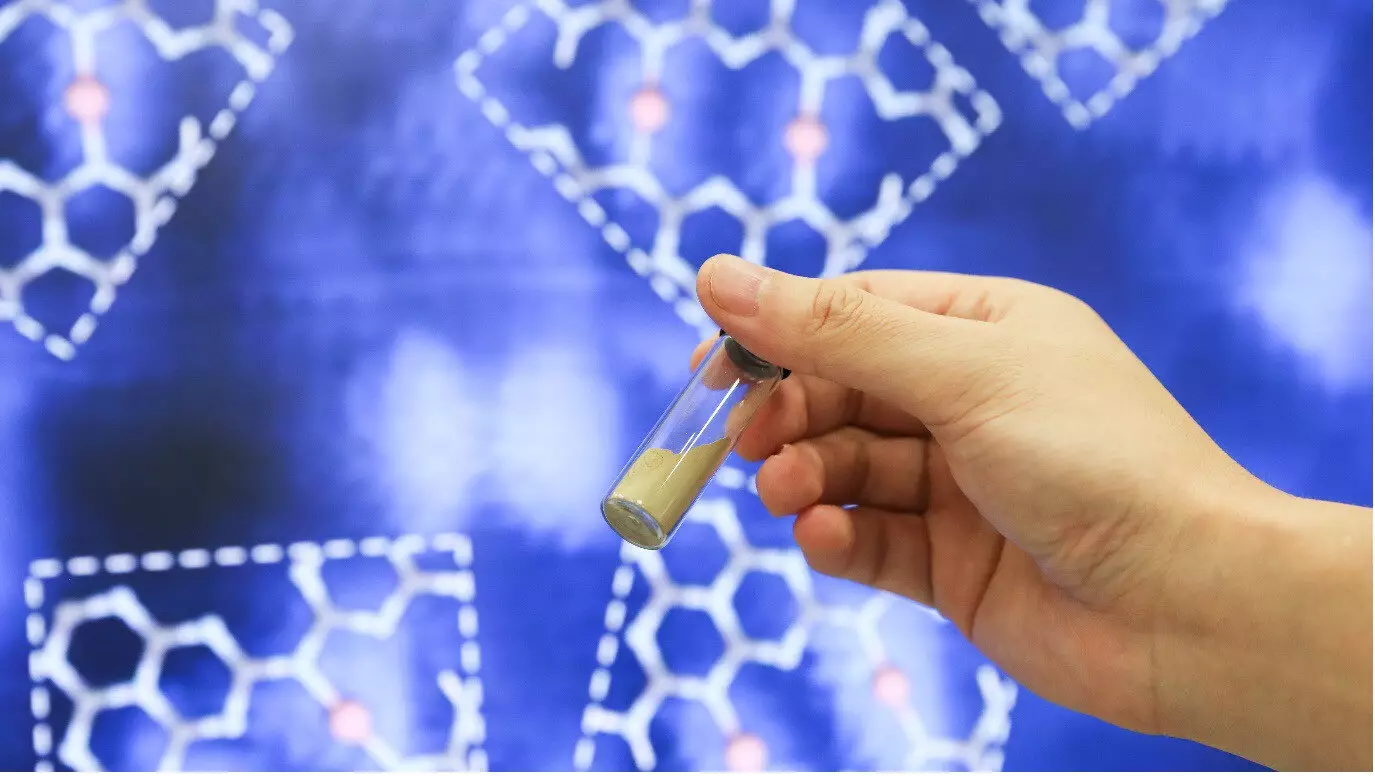Fine chemical and pharmaceutical manufacturing processes have long been criticized for their significant negative environmental impacts. In fact, recent studies have shown that the carbon footprint of the pharmaceutical industry surpasses that of the automotive industry, making it a major contributor to air pollution. Furthermore, these industries are responsible for water pollution caused by the release of wastewater during manufacturing processes. Recognizing the urgent need for greener and more sustainable practices, a research team led by Associate Professor Lu Jiong from the Department of Chemistry at NUS Faculty of Science has developed a groundbreaking solution using a new class of catalysts called heterogeneous geminal atom catalysts (GACs).
The synthesis of organic compounds involves a series of steps known as transition metal-catalyzed coupling reactions, which are essential for forming chemical bonds. However, the current catalysts used in these reactions present several challenges. They are expensive to produce, difficult to separate for recovery and reuse, and often contain harmful metal contaminants that adversely affect the environment. The structural limitations of these catalysts also restrict their ability to carry out complex reactions effectively.
To overcome these challenges and promote more sustainable and environmentally friendly manufacturing processes, the research team, in collaboration with international partners, developed a new class of catalysts known as GACs. These catalysts feature a unique structure consisting of two metal cores composed of copper ions, enabling more efficient and selective reactions. The team utilized a material called polymeric carbon nitride (PCN) as a supporting structure to hold the copper ions together, facilitating their collaborative function in chemical reactions.
Through careful experimentation, the researchers discovered that a distance of approximately 0.4 nanometers between the copper ions was optimal for achieving effective chemical reactions. The heptazine chain structure of the catalyst allows for dynamic adaptability during reactions, bringing the reactants together to form chemical bonds. Additionally, this structure reduces the minimum energy required for a chemical reaction to occur.
To demonstrate the efficiency of the newly developed GACs, the research team tested them in various chemical reactions involved in the production of commonly used drugs and chemical compounds. The results were remarkable, with the novel catalysts outperforming conventional catalysts in terms of yield and efficiency. For example, the GACs significantly improved the yield of dutasteride, a drug used to treat prostate disease, from 53% to 62% compared to traditional metal catalysts.
Furthermore, the GACs proved to be highly stable, with no detectable loss of copper ions over nine consecutive cycles of chemical reactions. This stability minimizes waste and the risk of metal contamination, leading to a significantly reduced environmental impact. Moreover, the GACs are easily recoverable and reusable, further enhancing their potential to foster sustainability in the chemical and pharmaceutical industries.
The research team also conducted an analysis of the environmental benefits of using the GACs in chemical reactions. The results revealed that the carbon footprint of these catalysts is 10 times lower than that of conventional catalysts. By utilizing GACs, the industries can achieve increased yield, higher efficiency, and improved environmental impact in cross-coupling reactions, signaling a potential shift towards greener and more sustainable practices.
The development of GACs represents a significant breakthrough in sustainable manufacturing. Moving forward, the research team aims to create a library of GACs by exploring different combinations and types of geminal metal centers. This innovative approach has the potential to revolutionize conventional methods of chemical production and usher in a new era where GACs play a critical role in achieving greener and more environmentally friendly chemical and pharmaceutical manufacturing processes.
The development of heterogeneous geminal atom catalysts (GACs) holds immense promise for revolutionizing fine chemical and pharmaceutical manufacturing processes. These catalysts offer unparalleled efficiency, improved environmental impact, and the potential for greener and more sustainable practices. With further research and implementation, GACs could pave the way towards a future where the industry’s carbon footprint is significantly reduced, contributing to a healthier planet for all.



Leave a Reply